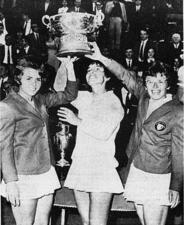Media
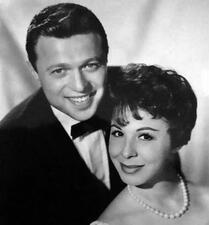
Eydie Gorme
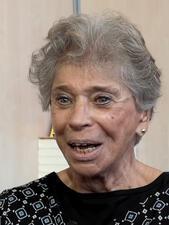
Vivian Gornick
Vivian Gornick is an American essayist, memoirist, and noted second-wave feminist. She is known for bringing a personal lens to political and critical writing.
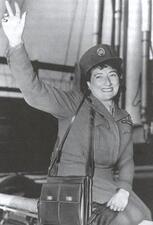
Ruth Gruber
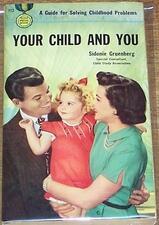
Sidonie Matsner Gruenberg
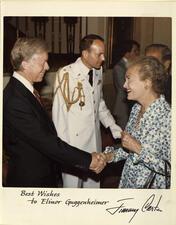
Elinor Guggenheimer
Elinor Guggenheimer first toured New York City day nurseries as a member of the Federation of Jewish Philanthropies during the 1930s. Horrified by what she saw, Guggenheimer began a lifelong crusade for improved and standardized child care facilities across the country, in addition to her work promoting women in public office.
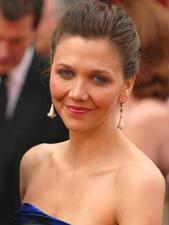
Maggie Gyllenhaal
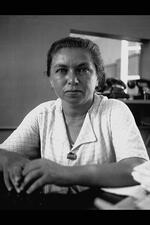
Bracha Habas
Bracha Habas was an educator and one of the first professional women journalists in Erez Israel. She was a member of Davar’s editorial board and the co-founder of its children’s newspaper, Davar le-Yeladim. Enumerating on Habas’s 48 publications, Rahel Adir described her as “the recorder of Yishuv history.”
Käte Hamburger
Käte Hamburger was a German literary scholar and philosopher who developed a philosophical theory of literature.
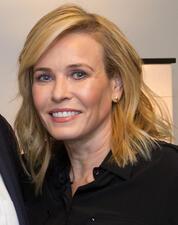
Chelsea Handler
When her confession in a DUI class left people rolling in the aisles, struggling actress Chelsea Handler launched a brilliant new career as a comedian.
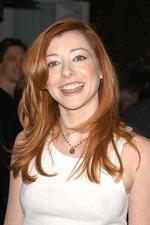
Alyson Hannigan
Leah Cohen Harby
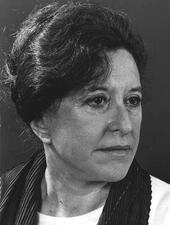
Shulamith Hareven
Born in Poland in 1930, Shulamith Hareven was an Israeli poet, author, essayist, and political activist. From capturing the lingering pain of Holocaust survivors to describing the harsh conditions of Palestinian refugee camps, Hareven used her writing to push Israelis to confront uncomfortable truths.
Marion Hartog
Marion Hartog and her sister Celia published influential poetry and books on Jewish themes, including works that were among the first fictions ever published by Jewish women anywhere in the world. Hartog later created and edited the first Jewish women’s periodical in history, The Jewish Sabbath Journal.
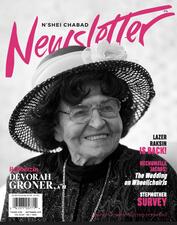
Hasidic Women in the United States
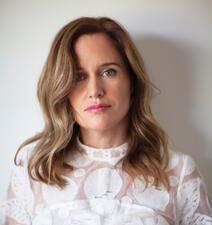
Heather Havrilesky
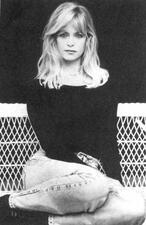
Goldie Hawn
After beginning her career as a dancer, Goldie Hawn won many awards for her critically acclaimed acting performances. She has been one of the most successful women in Hollywood and, since executive producing Private Benjamin in 1980, she has continued to produce films with her own production company.
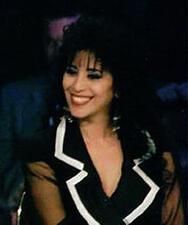
Ofra Haza
Born in Tel Aviv, Ofra Haza was an international singing sensation who performed across Europe, America, and Israel. Known for combining traditional Yemenite music with electronic pop sounds, Haza performed in the film Shlagger and in 1983 she placed second in the Eurovision competition. In 1998 Haza collaborated with many world-renowned artists and performed Naomi Shemer’s “Jerusalem of Gold” at the official ceremony marking Israel’s fiftieth anniversary.
Edith Head
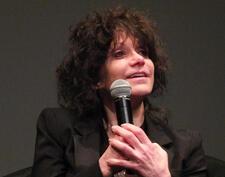
Amy Heckerling
Gladys Heldman
After originally planning to be a medieval historian, Gladys Heldman became a competitive tennis player and later an advocate for women’s tennis. The current generation of women tennis players owe their equal status to her important efforts.
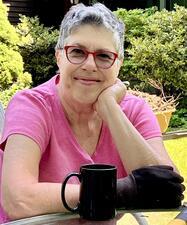
Helen Epstein
Born to two Holocaust survivors from Czechoslovakia, Helen Epstein has spent her life building an impressive journalistic career. She has also explored her own lived experiences, as well as the repercussions of intergenerational trauma from the Holocaust, on both her own family and the families of other survivors, in several memoirs and non-fiction books.
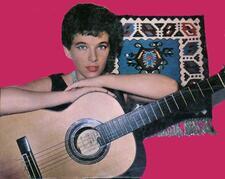
Nechama Hendel
Nechama Hendel is considered one of the foremost singers Israel has ever produced, known for her performances of Jewish folk music, her adaptations of well-known Israeli songs, and her album dedicated entirely to lyrics by the national poet Hayyim Nahman Bialik set to folk tunes and composed melodies. Hendel had an international following and toured the world performing, but she consistently returned to live in Israel and was devoted to Jewish music.
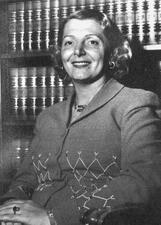
Frieda Barkin Hennock

Beth Bowman Hess
Beth Bowman Hess was a feminist sociologist and gerontologist whose leadership, scholarship, teaching, service and mentoring were a model for many women. She brought a humanist and feminist sensibility to gerontology by discussing the difficulties the elderly faced not as problems inherent in older people, but as problems in the social order that should be confronted and changed.

